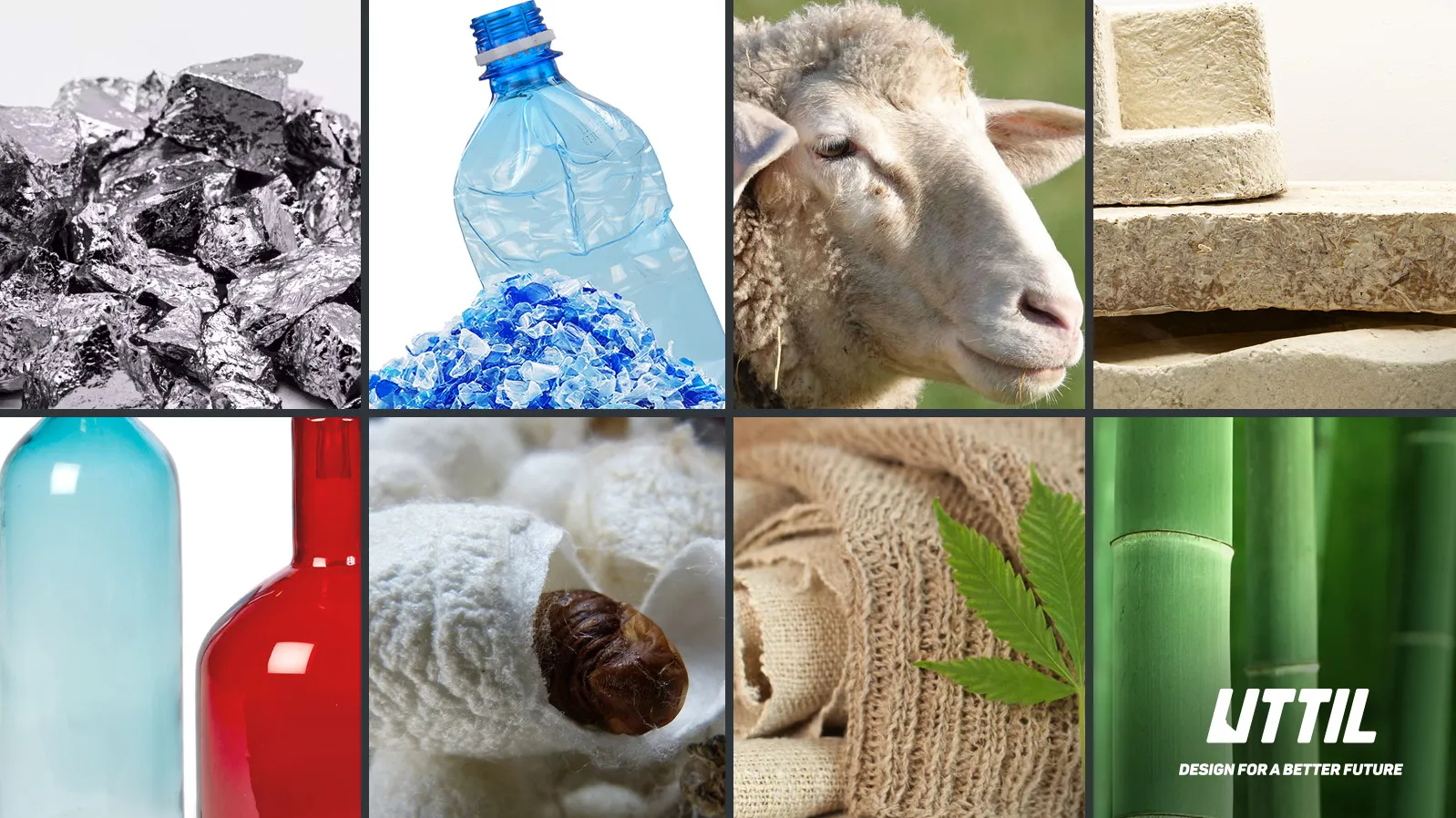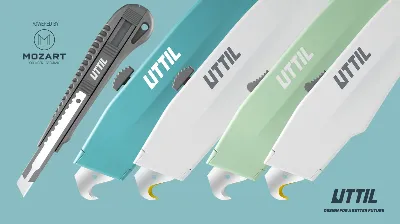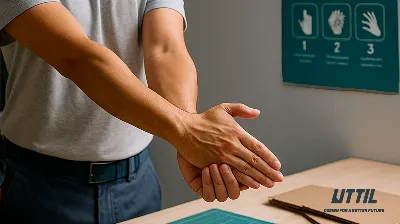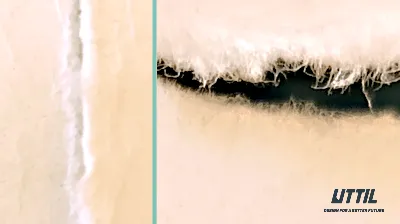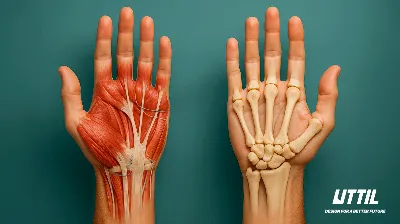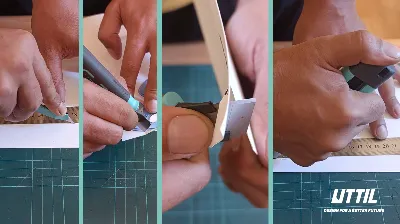Crafting a Circular Tomorrow: The Most Sustainable Materials Today.
The Circular Economy (C.E.) is more than just a buzzword; it represents a
paradigm shift in how we conceptualise, produce, consume, and dispose of
products. Materials are at the heart of C.E. – the building blocks of
everything around us. Choosing suitable materials is crucial for achieving a
truly sustainable and circular economy. Let's delve into the best materials
that fit within this framework:
Bamboo: Often referred to as "green gold,"
bamboo is a remarkable material for several reasons. It grows astonishingly,
with some species capable of shooting up three feet within 24 hours. This rapid
growth reduces the pressure on conventional timber forests. Bamboo can be used
in construction, fashion, paper production, and more. Its versatility and
biodegradability make it a favoured material in a circular economy.
Mycelium: Fungi have made a grand entrance into the
material world, particularly mycelium – the root system of fungi.
Mycelium-based materials can be grown into specific forms and have properties
that resemble plastics or even leather. Best of all? They're completely
biodegradable and can produced using agricultural waste.
Recycled PET (rPET): While plastics often
get a bad reputation, they can fit within a circular framework when used
responsibly. Recycled PET, derived from used plastic bottles, decreases the
demand for virgin plastics. rPET has applications in clothing, packaging, and
even carpeting.
Bio-based Plastics: Unlike conventional
plastics derived from fossil fuels, bio-based plastics come from renewable
sources such as cornstarch or sugarcane. Examples include Polylactic Acid (PLA)
and Polyhydroxyalkanoates (PHA). These can be industrially composted, ensuring
they don't linger in the environment indefinitely.
Hemp: Hemp's environmental benefits are noteworthy.
It requires minimal pesticides, is drought-resistant, and can remediate
polluted soil. Hemp can be transformed into various products: textiles, paper,
bioplastics, insulation, and more. Furthermore, hemp is biodegradable, ensuring
it returns harmlessly to the earth at the end of its life.
Cork: This material is the harvest of the bark of
cork oak trees. Cork is a renewable and biodegradable resource. Cork is mainly
known as a wine stopper, but its potential goes far beyond. Its lightweight,
durable, and fire-resistant properties make it suitable for flooring, walls,
and space shuttles!
Aluminium: This metal shines in a
circular economy because it can be recycled endlessly without degrading
quality. Its lightweight nature makes it a preferred choice in the automotive
and aerospace industries, helping reduce fuel consumption.
Silk: Produced by silkworms, silk is a natural
protein fibre. Beyond luxury textiles, silk is being researched for various
innovative applications, including medical sutures and flexible electronics. As
a natural material, silk decomposes gracefully, leaving minimal environmental
impact.
Wool: Sheep's wool is renewable and offers excellent
insulation properties. Wool is durable and naturally decomposes over time,
whether used in clothing, carpets, or insulation. Furthermore, its ability to
regulate moisture and resist fire without chemical treatments makes it a
valuable material.
Glass: Ancient yet modern, glass 100% can be recycled
endlessly without losing quality or purity. This makes it an exemplary material
in a circular economy, especially when considering packaging solutions.
The Way Forward
The circular economy seeks to decouple economic growth from resource
consumption. The materials we've explored above are just the tip of the
iceberg. As we innovate, even more materials will emerge to fit this mould.
Moreover, a circular economy doesn't just focus on the materials but also
on the design, consumption, and end-of-life processes. When integrated into
product designs with a focus on longevity, reparability, and recyclability,
these materials can significantly impact our journey towards sustainability.
As we navigate the complexities of the circular economy, we must recognise forward-thinking brands leading the way in sustainable practices. Among these industry vanguards is UTTIL. Dedicated to producing top-quality tools and championing sustainable and circular approaches, UTTIL is a testament to how businesses can blend operational excellence with environmental stewardship. By emphasising sustainable materials and prioritising long-lasting design, UTTIL shows how the core of a product's design can contribute to a brighter, more sustainable future. Through such conscientious strategies, businesses can rise to the challenges of our times and foster a circular economy that benefits the industry and our planet. UTTIL is dedicated to producing top-quality tools and championing sustainable and
circular approaches; UTTIL is a testament to how businesses can blend
operational excellence with environmental stewardship. By emphasising sustainable
materials and prioritising long-lasting design, UTTIL

